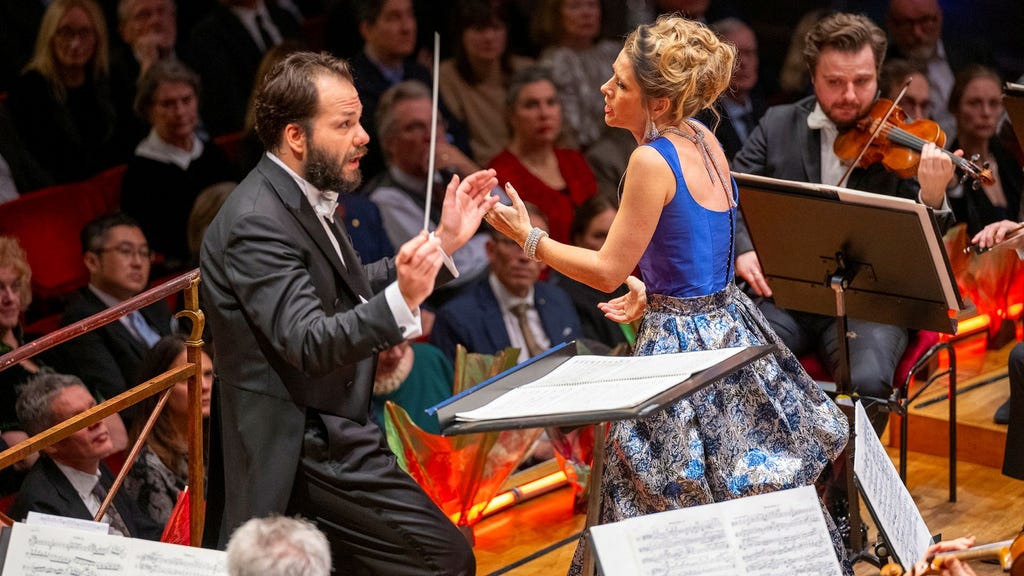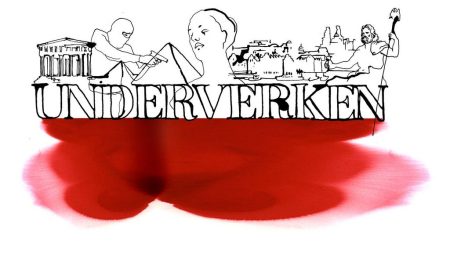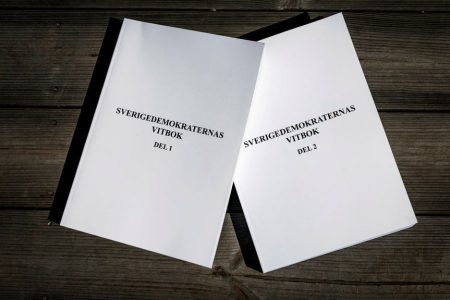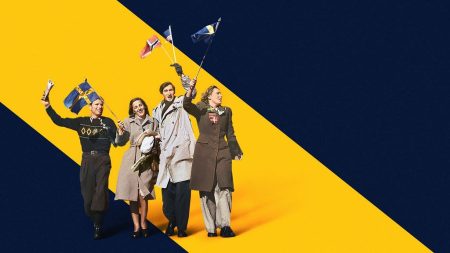The Nobel Prize Concert, a glittering event interwoven into the prestigious Nobel festivities for the past two decades, recently graced Stockholm’s Konserthuset. This year’s concert, reviewed with a perfect 5-star rating, featured the Royal Stockholm Philharmonic Orchestra under the baton of Petr Popelka, making his impressive Swedish debut. The program, a compelling blend of established and lesser-known composers, showcased the brilliance of soprano Malin Byström, whose performance resonated powerfully within the opulent setting. The concert explored the intriguing, often cited, connection between scientific minds and musical affinity, prompting reflections on the role of music in fostering scientific creativity. Beyond this connection, however, the music itself took center stage, demanding appreciation for its intrinsic power and beauty.
The concert’s program offered a rich tapestry of musical experiences, juxtaposing the sensual decadence of Richard Strauss with the rustic charm of Vítězslava Kaprálová and the virtuosic brilliance of Sergei Rachmaninov. Byström’s rendition of the final scene from Strauss’s opera “Salome,” a piece laden with eroticism and macabre imagery, captivated the audience. Her voice, described as both passionate and sensual, soared effortlessly above the hundred-strong orchestra, fully embodying the opera’s dramatic intensity. This performance, a highlight of the evening, showcased the soprano’s remarkable vocal control and emotive delivery, leaving a lasting impression on the captivated audience. As a refreshing counterpoint to the Strauss’s intensity, Byström offered a dreamlike Sibelius encore, providing a moment of tranquil beauty.
The inclusion of Vítězslava Kaprálová’s ”Suita rustica” provided a fascinating glimpse into the work of a tragically short-lived composer. Kaprálová, who died at the young age of 25, left behind a remarkable body of work encompassing orchestral pieces, songs, and chamber music. ”Suita rustica,” inspired by Stravinsky’s ”Petrushka” and Czech folklore, showcases her prodigious talent and distinctive compositional style. While the suite, commissioned and composed in remarkable haste, displays a vibrant array of musical ideas, the reviewer notes a certain rawness, suggesting that with more time, Kaprálová might have further refined the score. Nevertheless, the piece offers a compelling testament to her creativity and potential, making her untimely death all the more poignant.
Rachmaninov’s ”Symphonic Dances,” his final major work, served as the concert’s grand finale. Composed during the tumultuous early years of World War II, the piece stands as a testament to the composer’s enduring mastery of orchestral writing. The ”Symphonic Dances,” brimming with instrumental delicacies and demanding virtuosity from every section of the orchestra, provided a thrilling showcase for the Royal Stockholm Philharmonic. Under Popelka’s dynamic leadership, the orchestra rose to the occasion, delivering a performance marked by both precision and electrifying energy. The conductor’s meticulously crafted interpretation and vibrant energy resonated throughout the performance, leaving the audience eager for his return to the Swedish stage.
The concert’s festive atmosphere, further amplified by the presence of royalty and the elegant surroundings of the Konserthuset, provided a fitting backdrop for this celebration of music. The full house attested to the event’s popularity and the enduring appeal of the Nobel Prize Concert as a highlight of the Nobel season. Popelka, currently at the helm of the Vienna Symphony Orchestra, made a significant impact with his Swedish debut. His insightful interpretation of the diverse program and his ability to draw vibrant performances from the orchestra suggest a promising future for his collaborations with the Royal Stockholm Philharmonic.
The Nobel Prize Concert not only showcased exceptional musical talent but also prompted reflection on the profound influence of music on human creativity. While the connection between music and scientific achievement is often noted, the concert emphasized the inherent value of music as a powerful form of artistic expression. The varied program, featuring composers from different eras and stylistic backgrounds, highlighted the richness and diversity of the musical landscape. The combination of Byström’s captivating vocal performance, Popelka’s dynamic conducting, and the orchestra’s virtuosity created a memorable evening, reaffirming the vital role of music in enriching cultural life.














